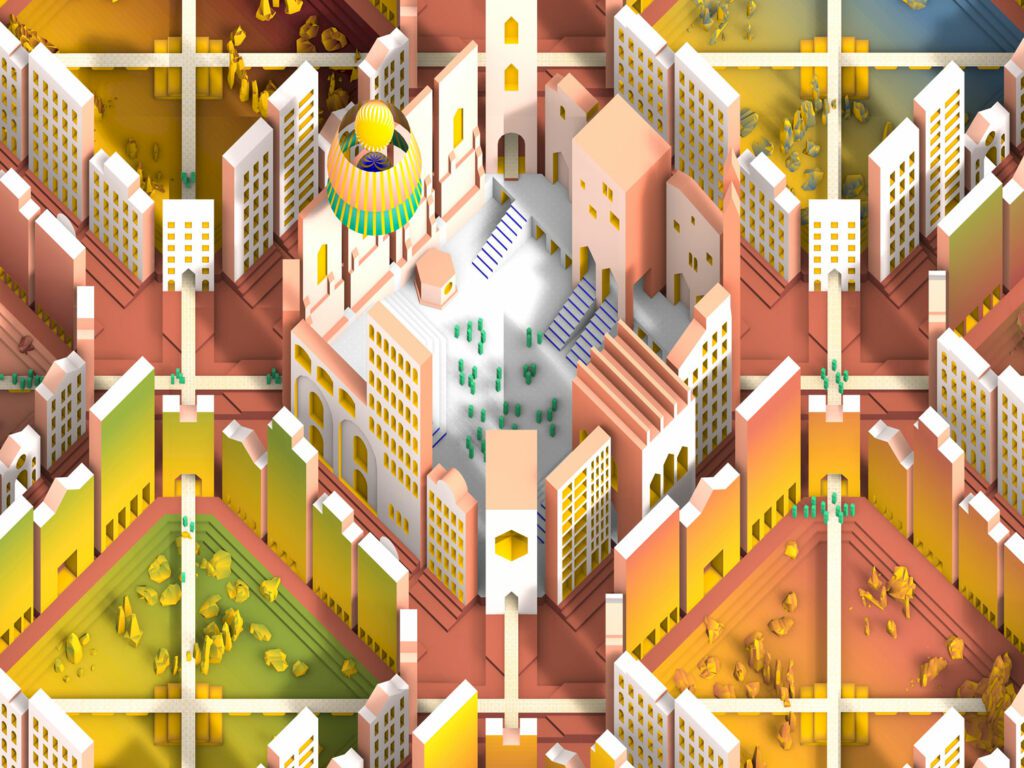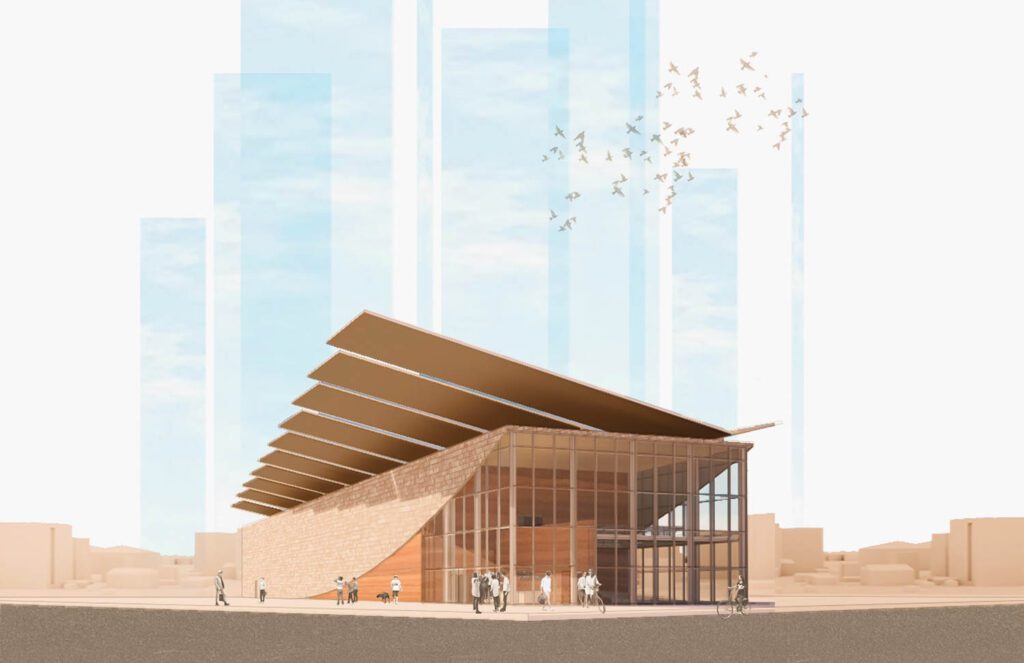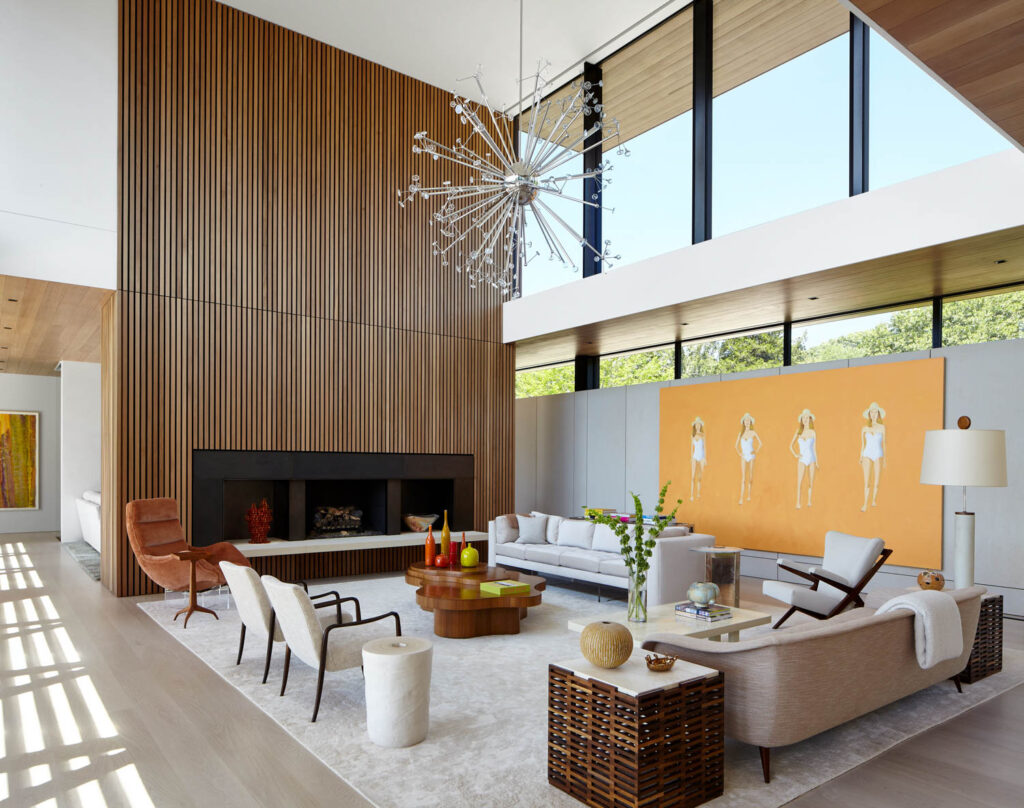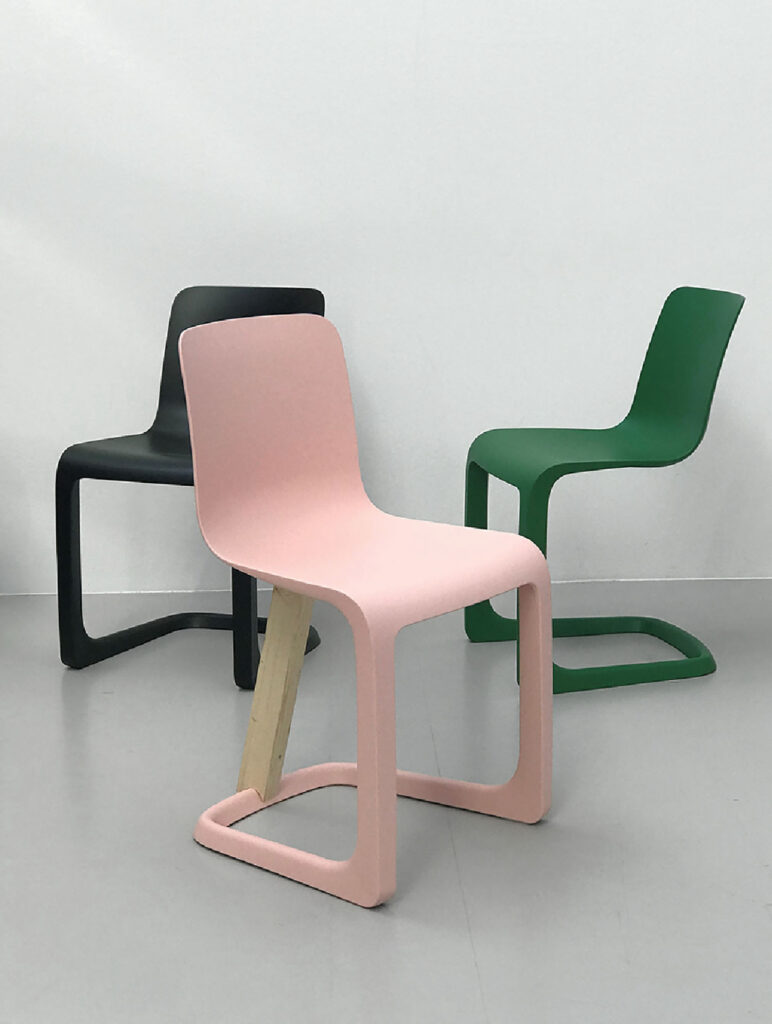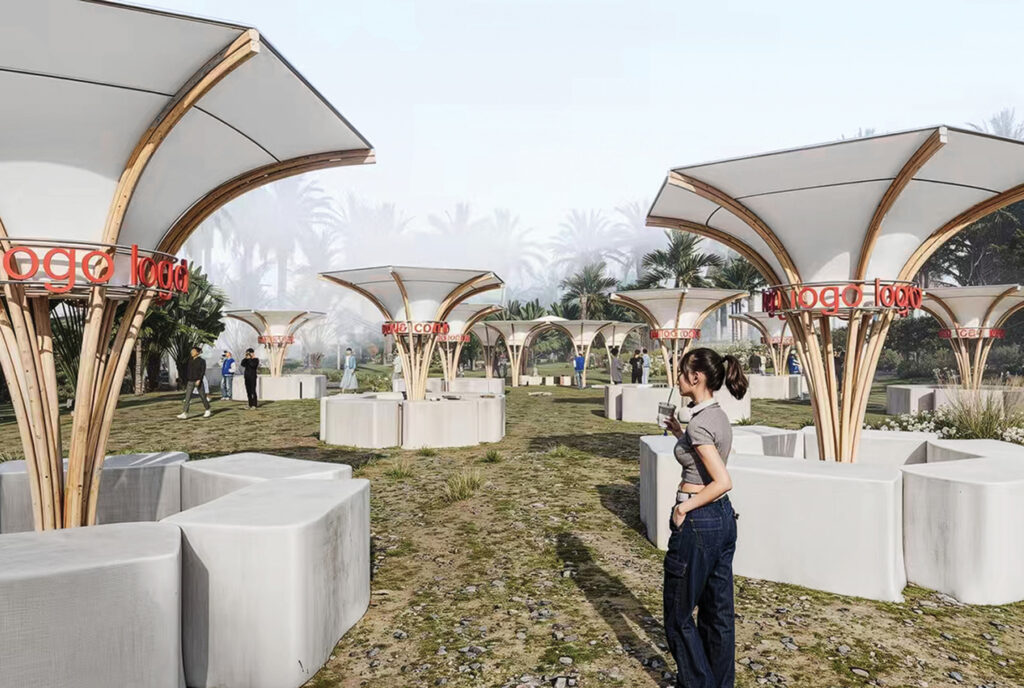Endless Possibilities: Metaverse Interior Design is Here
If there is one narrative that has been consistently marketed to designers and consumers alike, it’s that “a home is a reflection of the self.” It’s a statement that encourages us to buy products and express ourselves via the things we collect and display in our houses, on our bodies, and through our online profiles. There’s some truth to it—the stuff we surround ourselves with holds histories, tells stories, and even serves as a metaphor for our identities, lives, and dreams.
This quest for creative individuality has only been magnified by digital platforms and social media, from Pinterest and Instagram to TikTok and Fortnite. Like everyone else, designers—hoping to broadcast their voices and challenge the monotonous, fickle dictates of good design—find potential for greater embodiment and self-expression in the digital. Enter the metaverse to make things even more complex.
While it’s not a new concept, the recent buzz around both the metaverse (largely thanks to Facebook’s recent rebrand to Meta) and the rise of non-fungible tokens (NFTs) has led to an influx of interactive digital design objects and interiors, whether they’re online exhibitions, virtual showrooms, or even gatherings hosted in simulated environments.
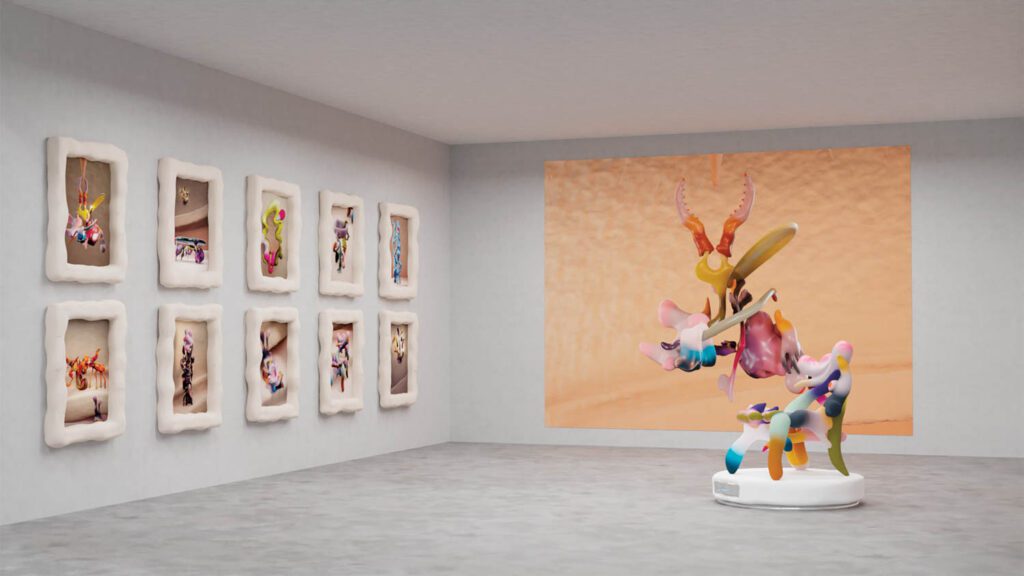
In theory, the metaverse is a location or series of locations where one can enter a digitally rendered space, move around as an avatar, and interact with objects, all through virtual, augmented, and mixed reality. Facebook (now Meta) founder Mark Zuckerberg describes it as a more “embodied internet.” But in a world where there is no longer a distinction between “real” and “digital,” the metaverse can elicit feelings of both freedom and fear, excitement and apprehension. For decades, scholars and designers alike have questioned what prolonged enmeshment in virtual reality does to both our mental and physical health.
Visit Metropolis to read the full story.
The Metaverse Architecture + Design Awards celebrates the designers and architects dreaming up projects, products and spaces for the virtual realm. Learn more about the MAD Awards, and dive into stories that explore the industry’s new frontier.
read more
DesignWire
Back to School: What is the Metaverse?
Designers and architects already are shaping the metaverse. But what is it? Learn more about how to understand and use the space here.
DesignWire
Students Explore How to Create Low-Carbon Server Farms in the Metaverse
Three groups of student designers took on a near-impossible challenge: low-carbon server farms. See their work.
DesignWire
Interior Design to Host Industry’s First Metaverse Architecture and Design Awards
Interior Design is hosting the first-ever Metaverse Architecture and Design Awards in partnership with digby. Get all the details here.
recent stories
DesignWire
10 Questions With… Damon Liss
Tribeca interior designer Damon Liss blends warmth and timeless flair with collectible vintage pieces to create thoughtful residential spaces.
DesignWire
Design Reads: A Closer Look at Jasper Morrison’s Work
Discover British designer Jasper Morrison’s wide range of furnishings, homes, and housewares in his cheeky retrospective “A Book of Things.”
DesignWire
Eco-Friendly Pavilions Take The Stage At A Chinese Music Festival
For a Chinese island music festival, Also Architects crafts reusable, modular pavilions that provided shade while resembling sound waves.
